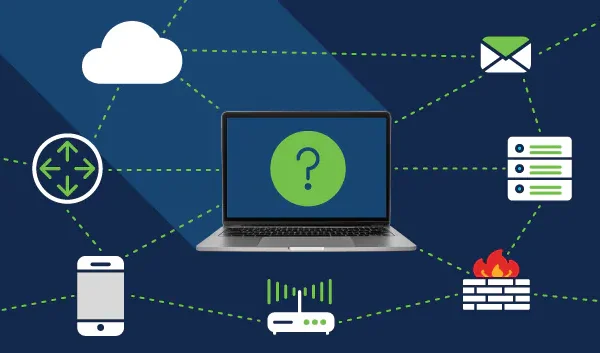Die Bedeutung von Telefondienstleistern für Unternehmen
Effiziente Kommunikation als Erfolgsfaktor Ein Telefondienstleister spielt eine zentrale Rolle in der geschäftlichen Kommunikation. Unternehmen benötigen professionelle Anrufbearbeitung, um Kundenanfragen effizient zu verwalten. Ein externer Telefondienst hilft, Wartezeiten zu reduzieren und eine hohe Erreichbarkeit sicherzustellen. So können Unternehmen ihre Servicequalität steigern und die Kundenzufriedenheit erhöhen. Kundenservice auf höchstem Niveau Ein guter Telefondienstleister sorgt für einen…








